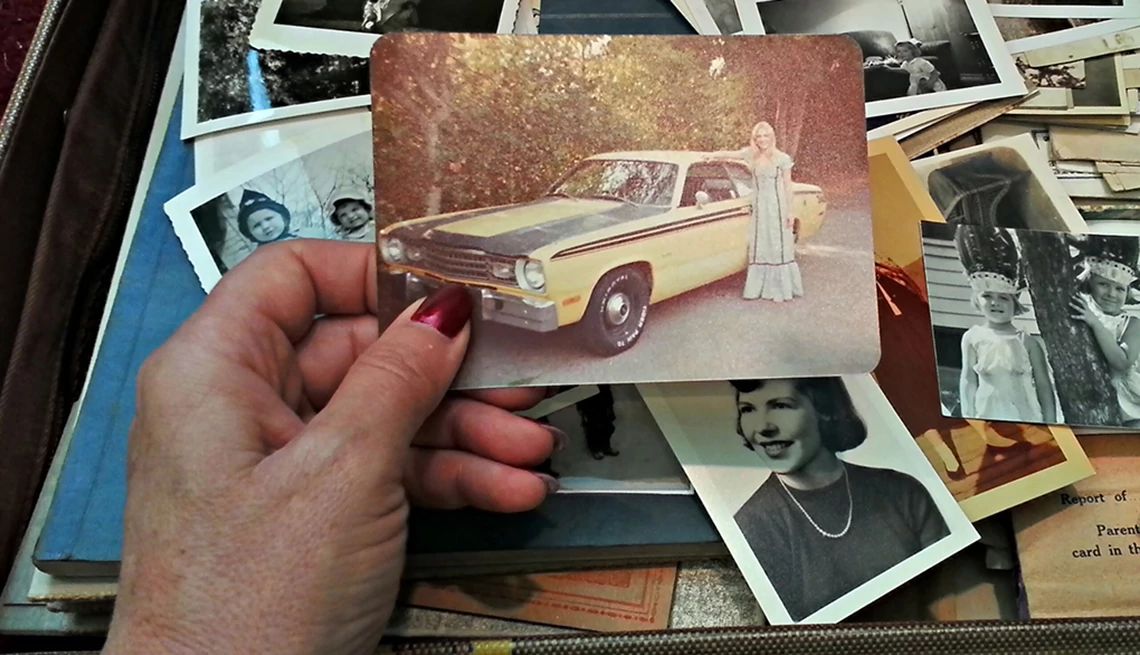Challenges


The brain has a huge capacity to store information — the equivalent of 2.5 million gigabytes of memory (or 3 million hours of TV shows), estimates Paul Reber, director of Cognitive and Affective Neuroscience at Northwestern University. However, your fleeting short-term memory can only hold a few pieces of information before they either become permanent or are lost forever.
The key to holding on to new knowledge is to shift it from short-term into long-term storage. Here are some ways to approach the task:
1. Don’t cram for the exam. Spread out the study of information.
Review material at intervals to commit it to memory. “Massing information all at once is not as effective as if you spread it out or disperse it,” says Colin MacLeod, director of the Memory, Attention and Cognition Laboratory at the University of Waterloo in Ontario.
“There are students who cram for exams right before the exams, and there are others who read the chapters and do the homework on a steady basis over the course of the term,” says Charles Brainerd, director of the Memory and Neuroscience Lab at Cornell University. “The latter students always do better.”
This strategy may be particularly useful for older adults. In a 2023 study measuring the ability of 141 people to link faces to names, both younger (ages 18 to 29) and older (55 to 87) ages to people benefitted from spacing out their study sessions, as reported in the European Journal of Ageing. Whereas younger participants generally learned more, older adults who had been trained to space out their learning were better able to retain the information they had learned.
Although researchers don’t fully understand the mechanisms, one popular theory holds that spacing out learning leads to thinking about, or encoding, information in different contexts.
“You’re hitching information to multiple contexts,” MacLeod says. “Think of it as creating a path. It's better to have more paths than fewer ones.”
An example is taking a jury to the scene of a crime, which gives the jurors a chance to remember information they’ve received one way in a different way. “It provides another path to the information in memory,” MacLeod says.













More From Staying Sharp
Get a Cognitive Screening Through Medicare
Learn about Medicare's cognitive screening and what to expect from the assessment
Play Time! It’s In the Cards
Gather some friends for a game or two
Practicing Yoga for Brain Health
Explore the link between yoga and cognitive well-being in adults